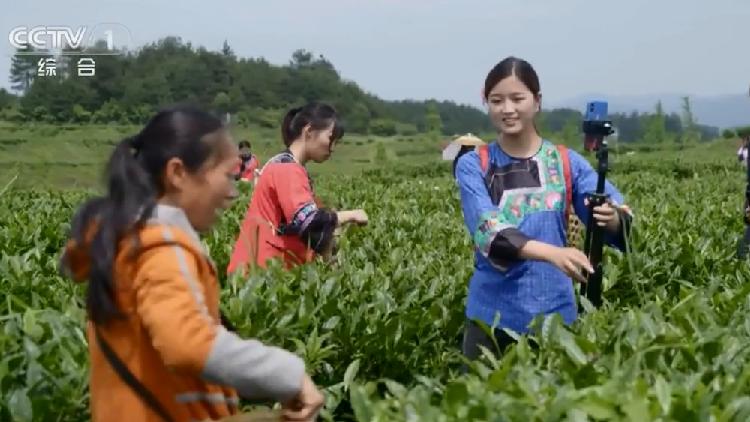China Global Television Network
Chinese President Xi Jinping said that shaking off poverty is not the finish line but the starting point of a new life and new endeavour at a national commendation conference in Beijing on February 25.
China has lifted nearly 100 million rural people in 832 national-level poverty-stricken counties out of poverty since 2013.
Now that China has eradicated poverty, it’s time to ensure that once poverty-stricken people do not return to their former state by providing them with opportunities to make a living and enjoy a better quality of life.
Support continues for relocated impoverished people
Poverty-relief relocation – lifting people from poverty by moving them away from environmentally fragile areas – was one of the major measures China took to eradicate extreme poverty by the end of 2020.
Besides relocation, it’s important for local governments to provide impoverished people with skills to earn a living and pursue a better life.
On January 18, 2020, residents of poverty-stricken Daojiao Village in Qiaojia County, southwest China’s Yunnan Province, were relocated to Maojiawan, Ludian County, where the government had set up several poverty alleviation resettlement areas.
Xiong Guo’en, one of the relocated residents, not only moved from his shabby house to a modern building with elevators, he also found an electric welding job at an enterprise in Ludian County with the support of the poverty alleviation policy and poverty-relief officials. Xiong’s wife also found a job at a poverty alleviation workshop.
For people older than Xiong or with low labour skills, poverty-relief officials managing the resettlement sites provide them with public welfare posts, such as a sanitation worker or security guard.
In Mashan County, Nanning City, south China’s Guangxi Zhuang Autonomous Region, which cast off poverty in 2019, local governments established a monitoring system and pairing mechanism to ensure people are not left behind and return to poverty.
Rural vitalization keeps poverty at bay
It’s common sense to consolidate the fruits of poverty eradication through rural vitalization, said Han Changfu, then minister of agriculture and rural affairs, adding that overall development in rural areas will contribute to economic and social development in poverty-eradicated areas.
To ensure rural vitalization takes effect in once poverty-stricken areas, one method is to hire more talents to back up existing village officials and contribute to guaranteeing villagers enjoy better lives and avoid falling back into poverty.
Nanwendu Village in Pingshan County, north China’s Hebei Province, shook off poverty in 2018. Zhang Duanshu, who was assigned to lead the poverty alleviation work in the village, said one of the most important things he wants to do before his leaving post is to help hire talents to assist the ageing Fan Mingping, head of the village, in managing village affairs and promoting the village’s development to benefit locals.
Internet-based startups in rural areas also contribute to the well-being of rural residents and rural vitalization. Many migrant workers have returned to their rural hometowns and chosen to work as livestreamers, not only to accelerate the sales of local farm produce, but also to attract people from far away to visit the villages by showcasing the local landscape.
For example, Shang Yukang in northwest China’s Gansu Province chose to raise chickens instead of finding a job in the city. He often uses his chickens during livestreams to entice viewers who will hopefully become customers.
With the local government’s help, Shang opened a breeding cooperative to employ locals with the goal of achieving common prosperity.

